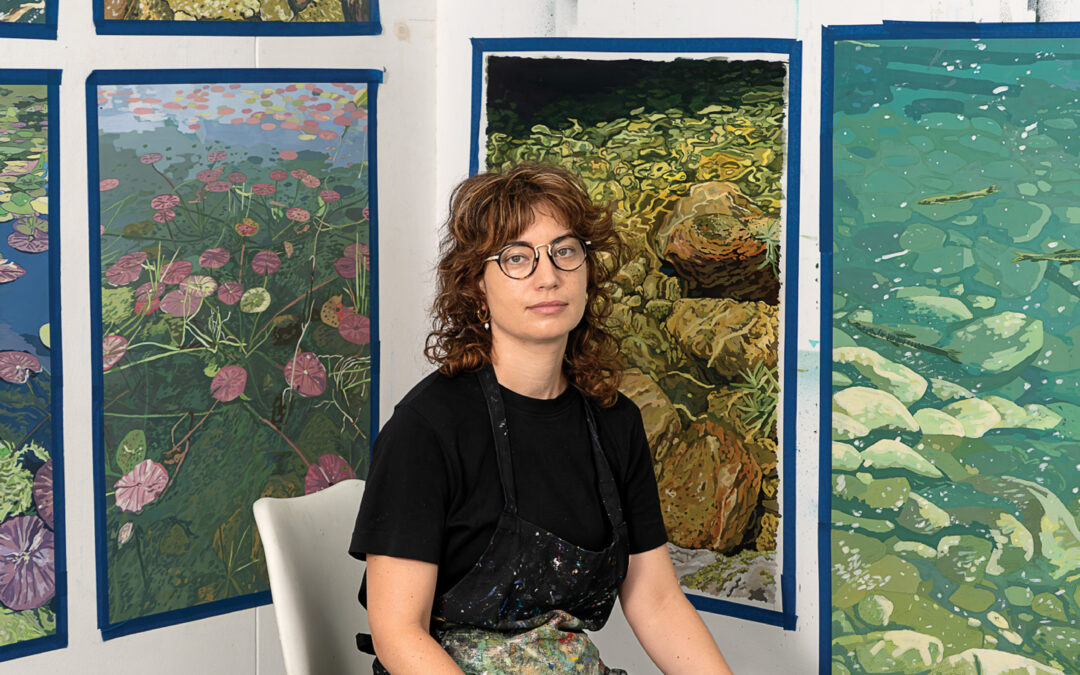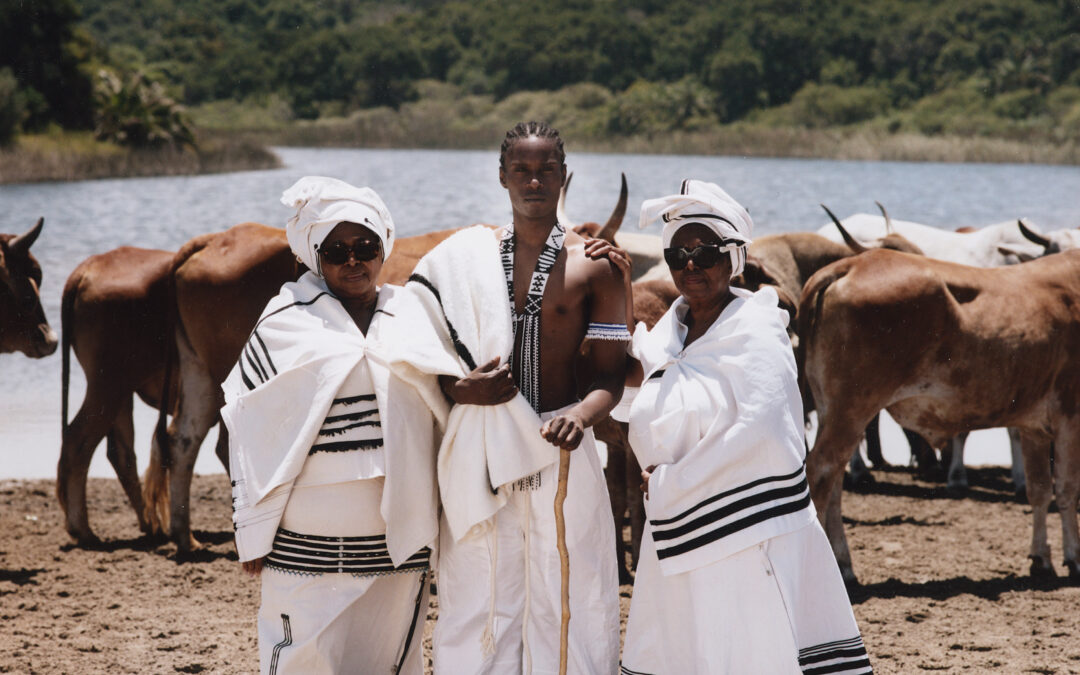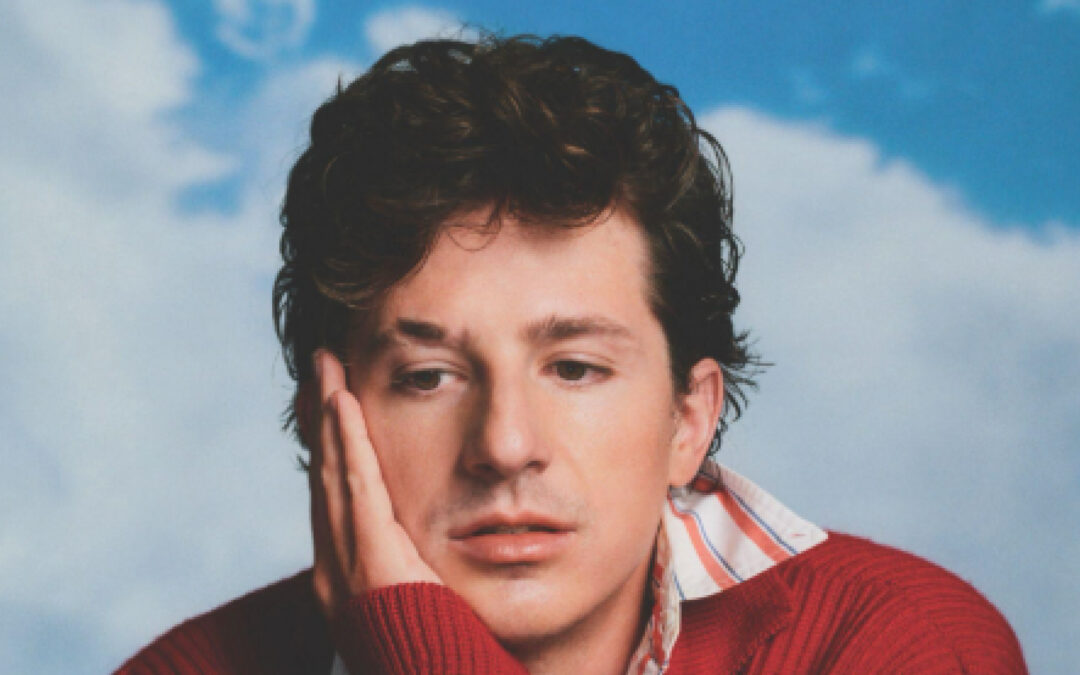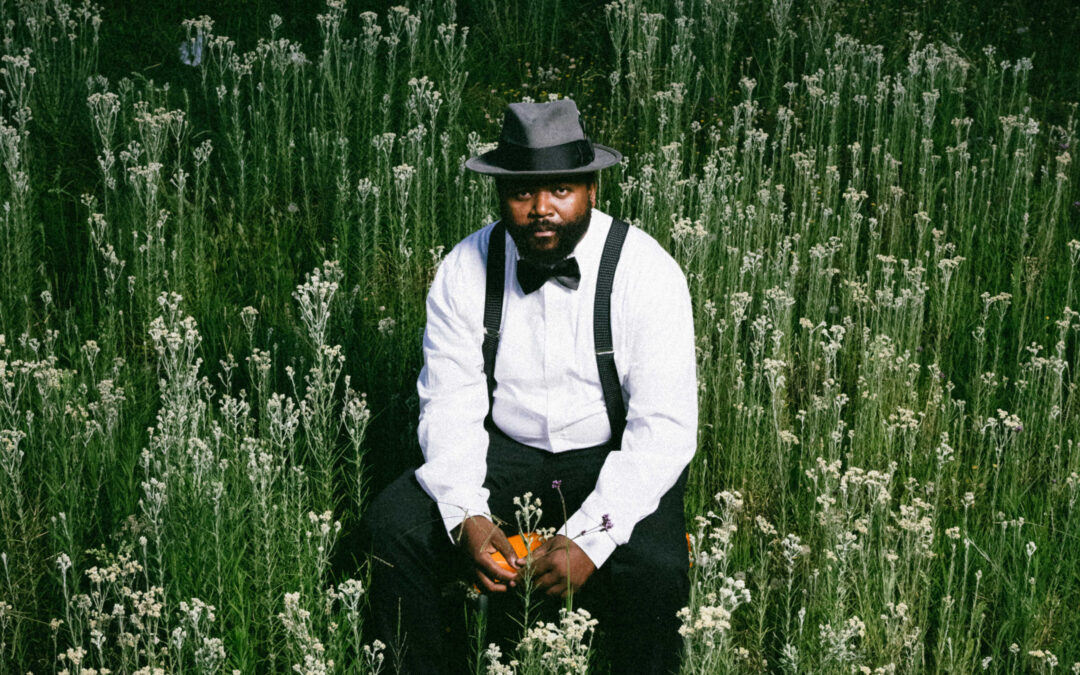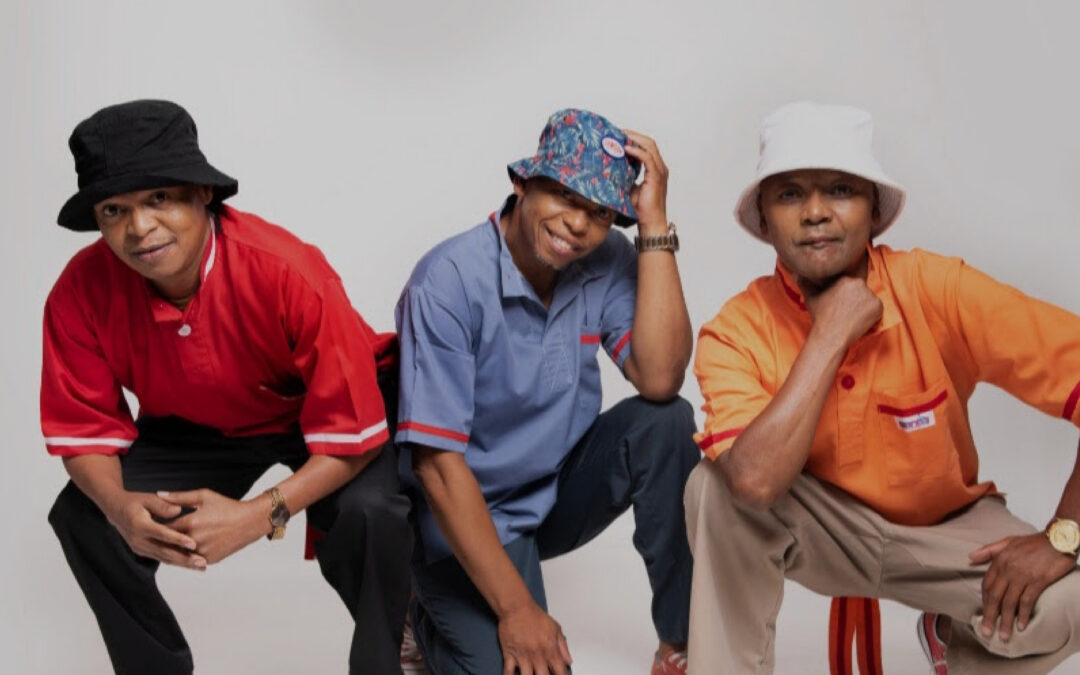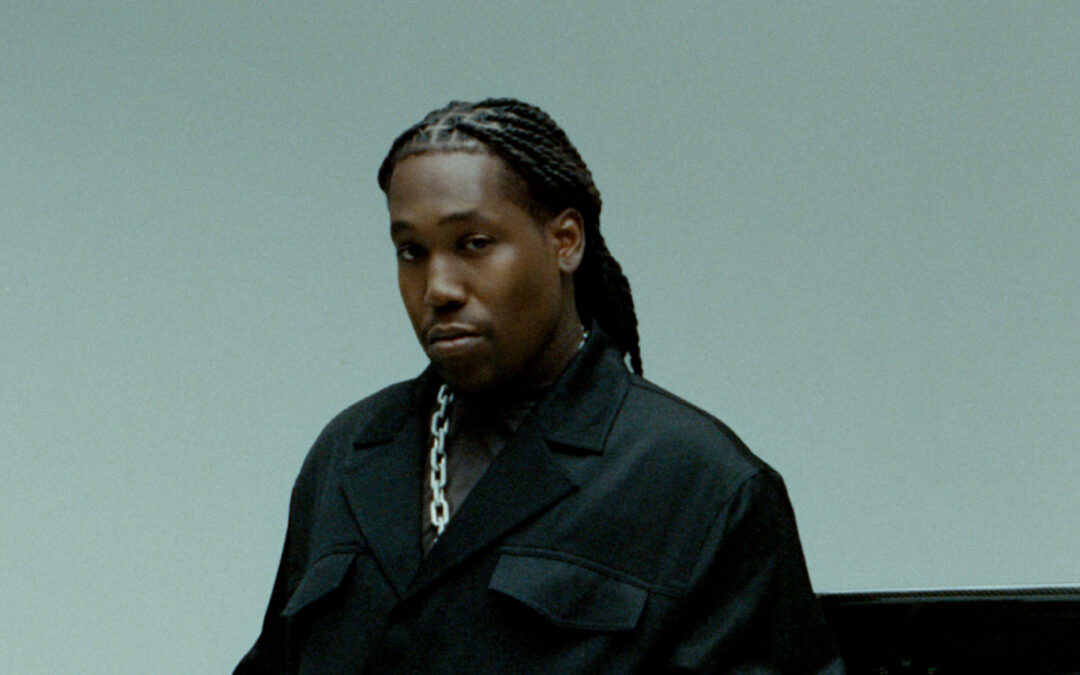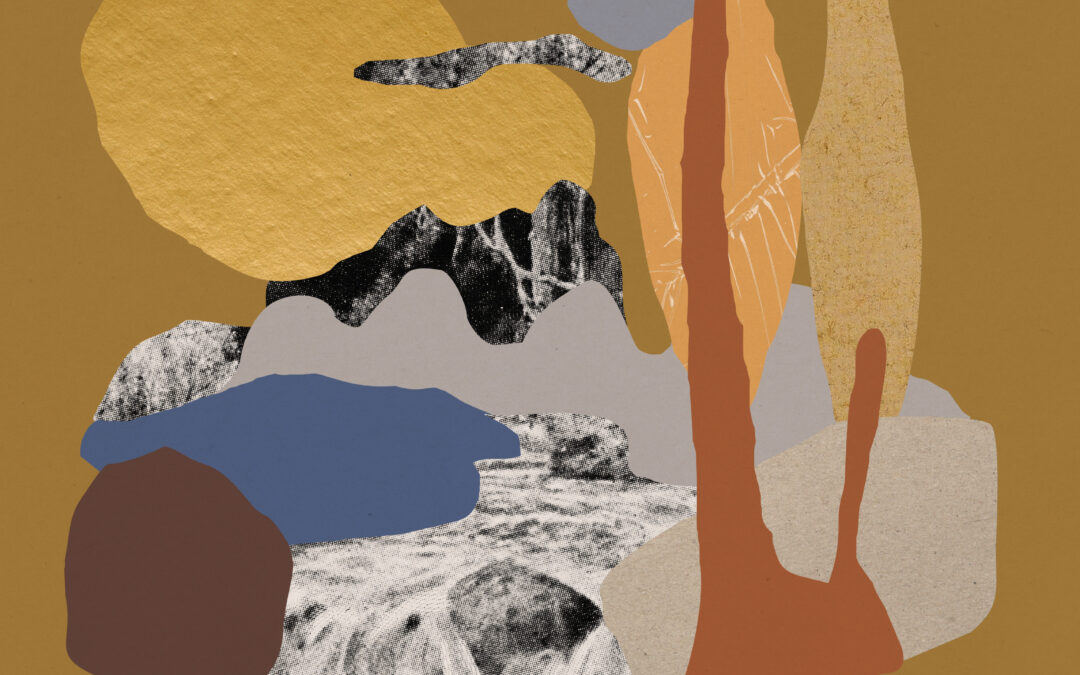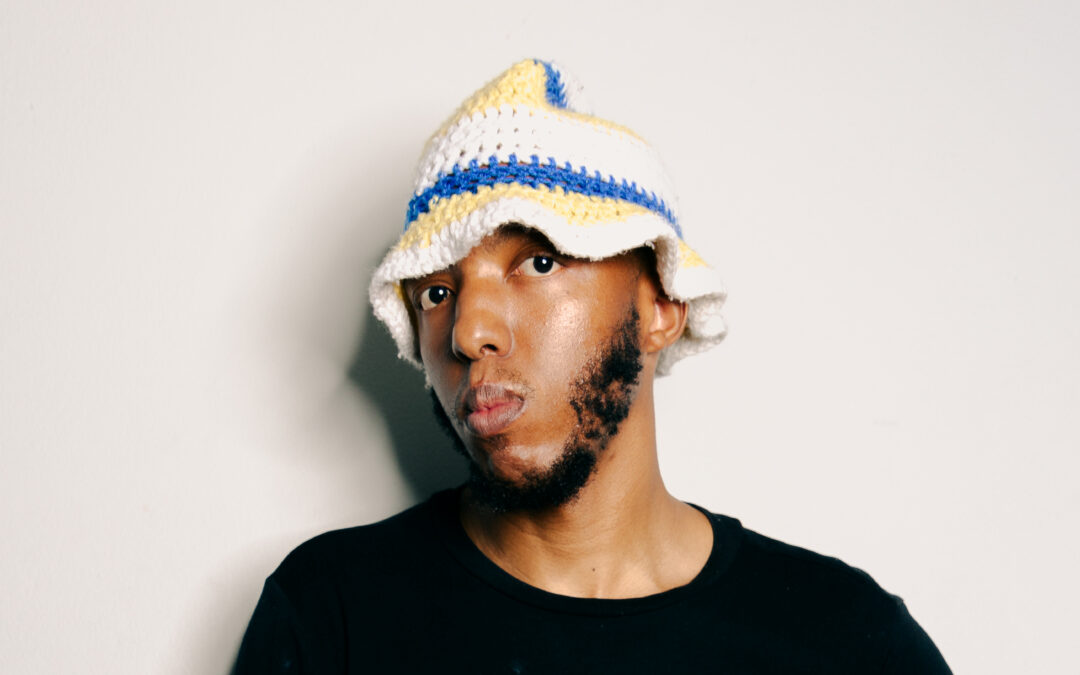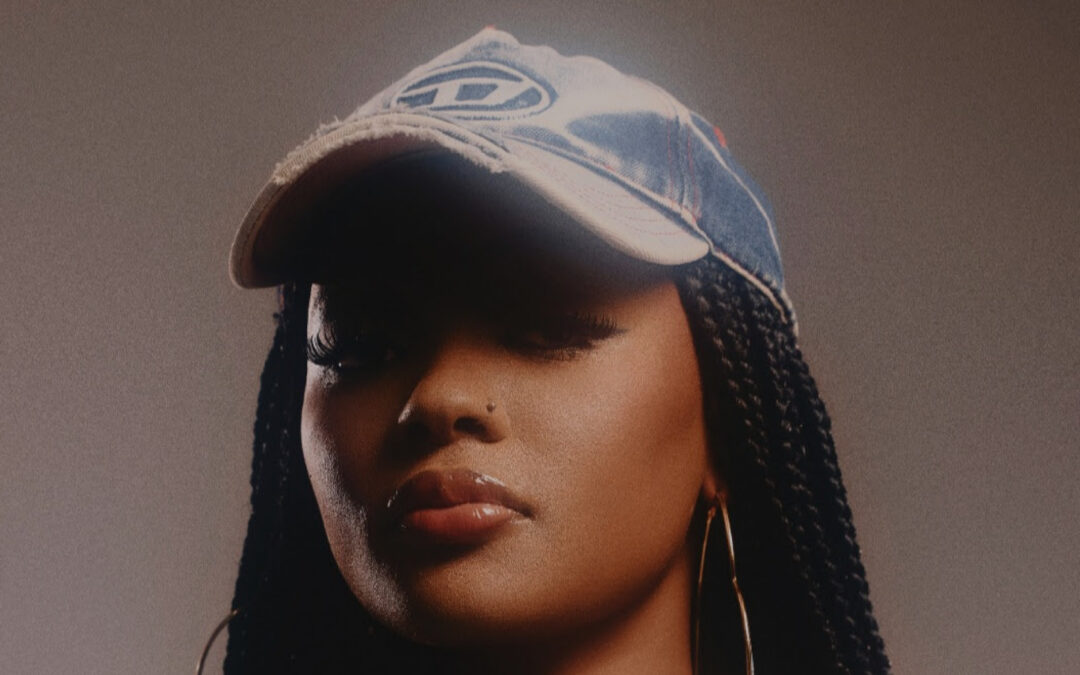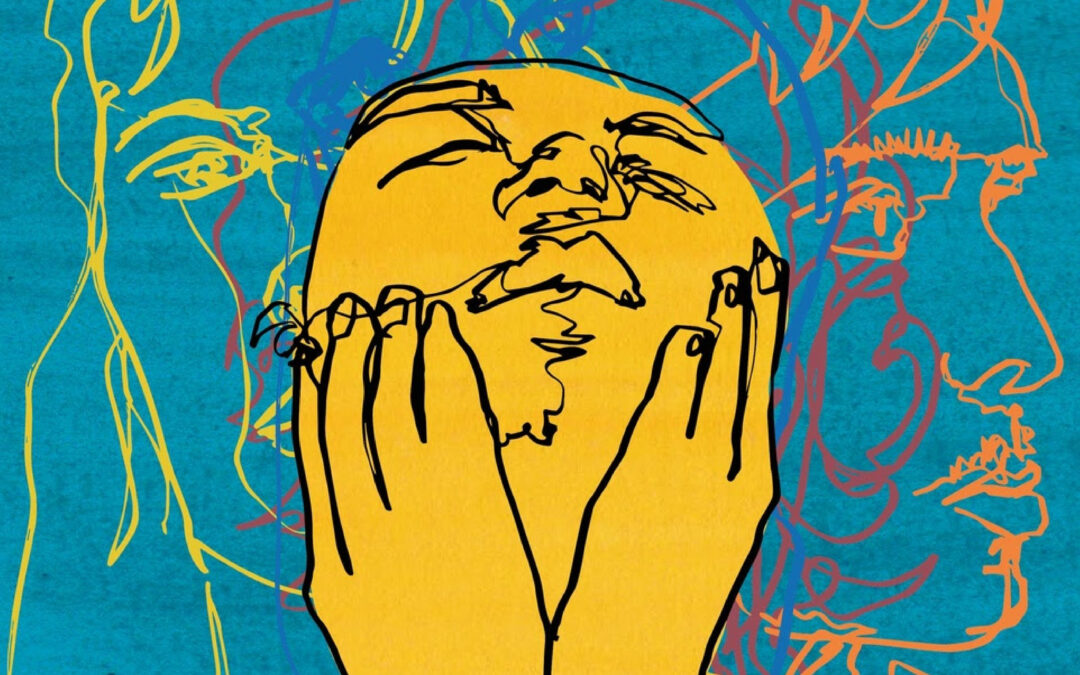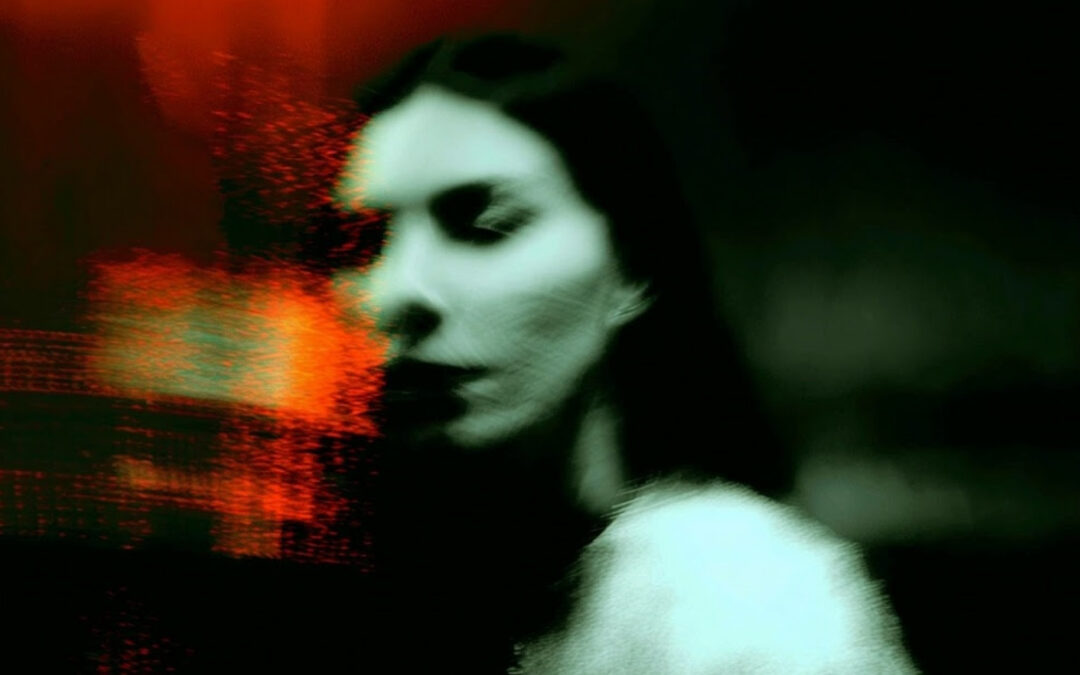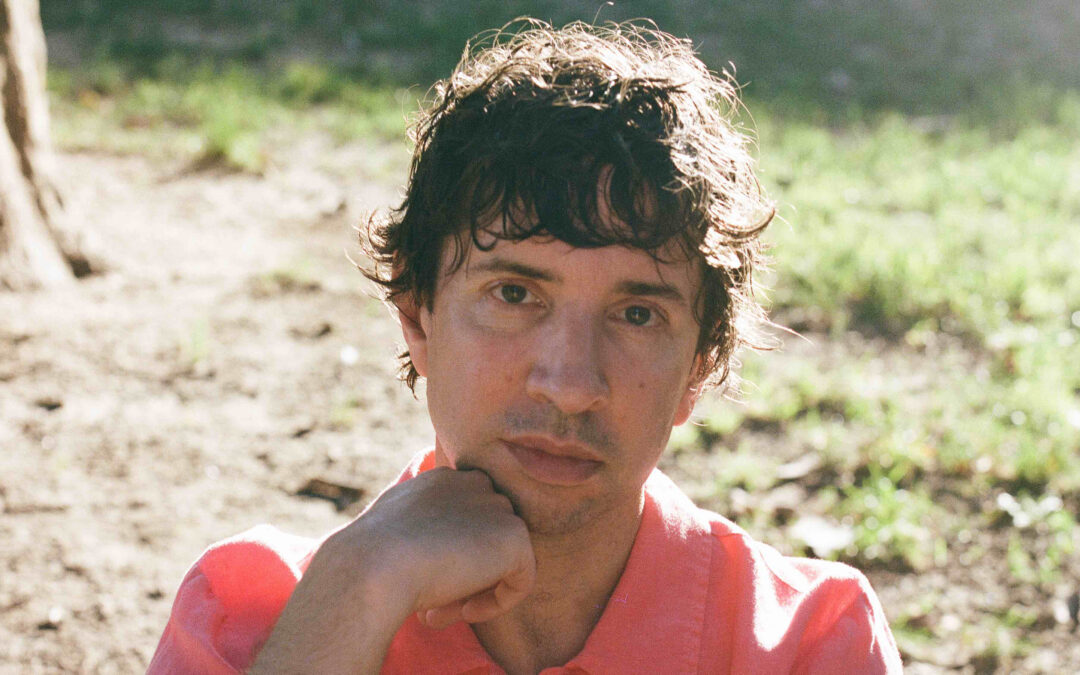Female vocals interlaced throughout electronic music have re-imagined the proverbial songs of sirens deeply within a temporally extended position in music. Spliced and manipulated – that is the genius of electronic music, a technical wonder transcending the human experience of sound – and yet, this is not the genius of Sío. No, singer and poet, Siobhan Luluma King’s genius is as precisely soulful and raw as it gets – and house music just happened to be the first assertion that she found for her energy to translate effectively. The deep hum from which Sío’s tonal abilities reverberates have coaxed her from her initial apprehension at ‘entertainment’ – by her self admission, this ‘weird kid’ from Ennerdale just wants to play – as freely and deeply as life will allow. On that road to freedom, Sío might stumble across a Spotify billboard in Times Square (yes, New York City) – and with eyes wide and beaming, she might be drawn in a for a moment into the eminence of it all – but ultimately, Sío just wants to write, sing, and share. Personally, I think her purpose is also to heal – but that’s just me, ever-curious of what each of our medicines in this world might be.
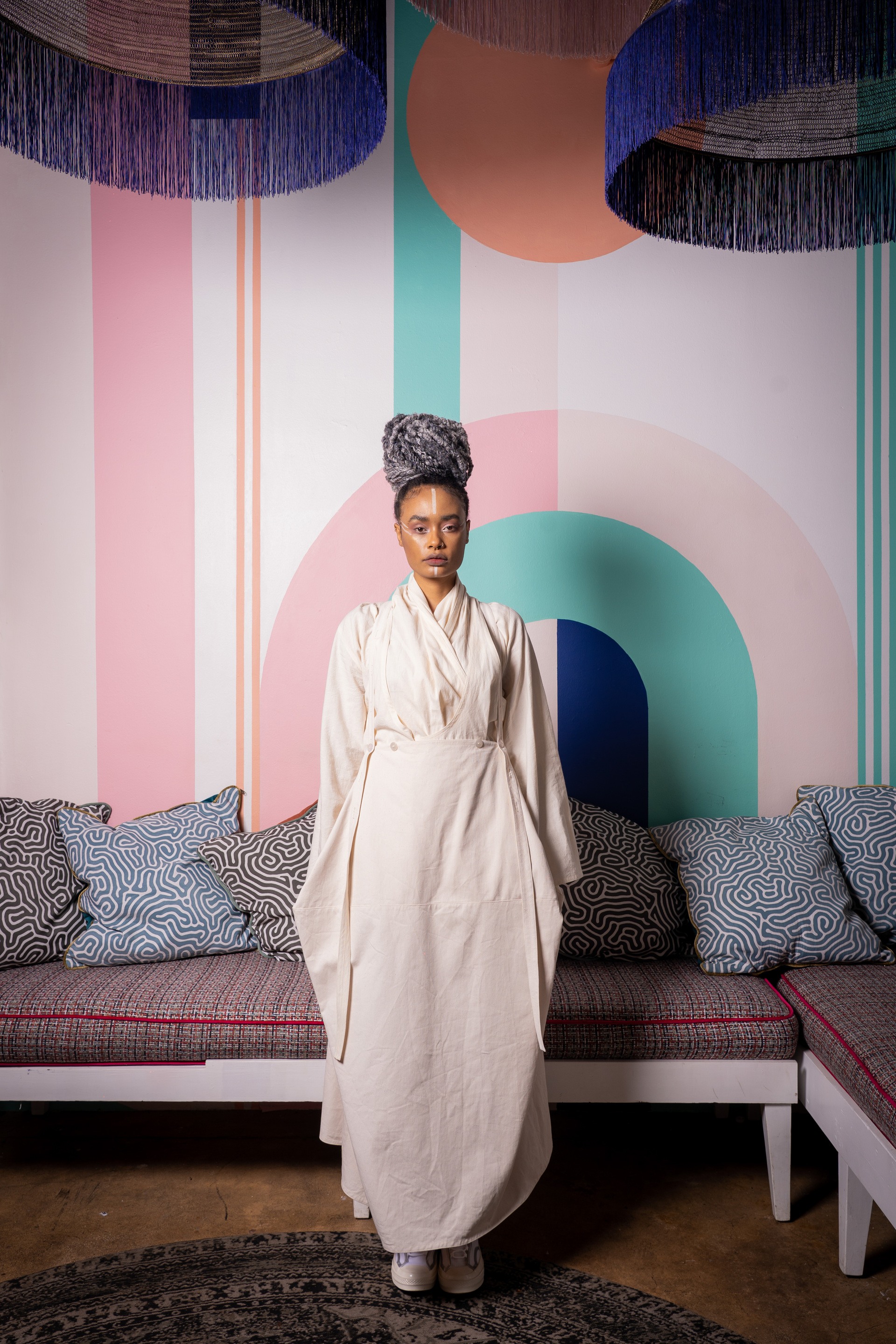
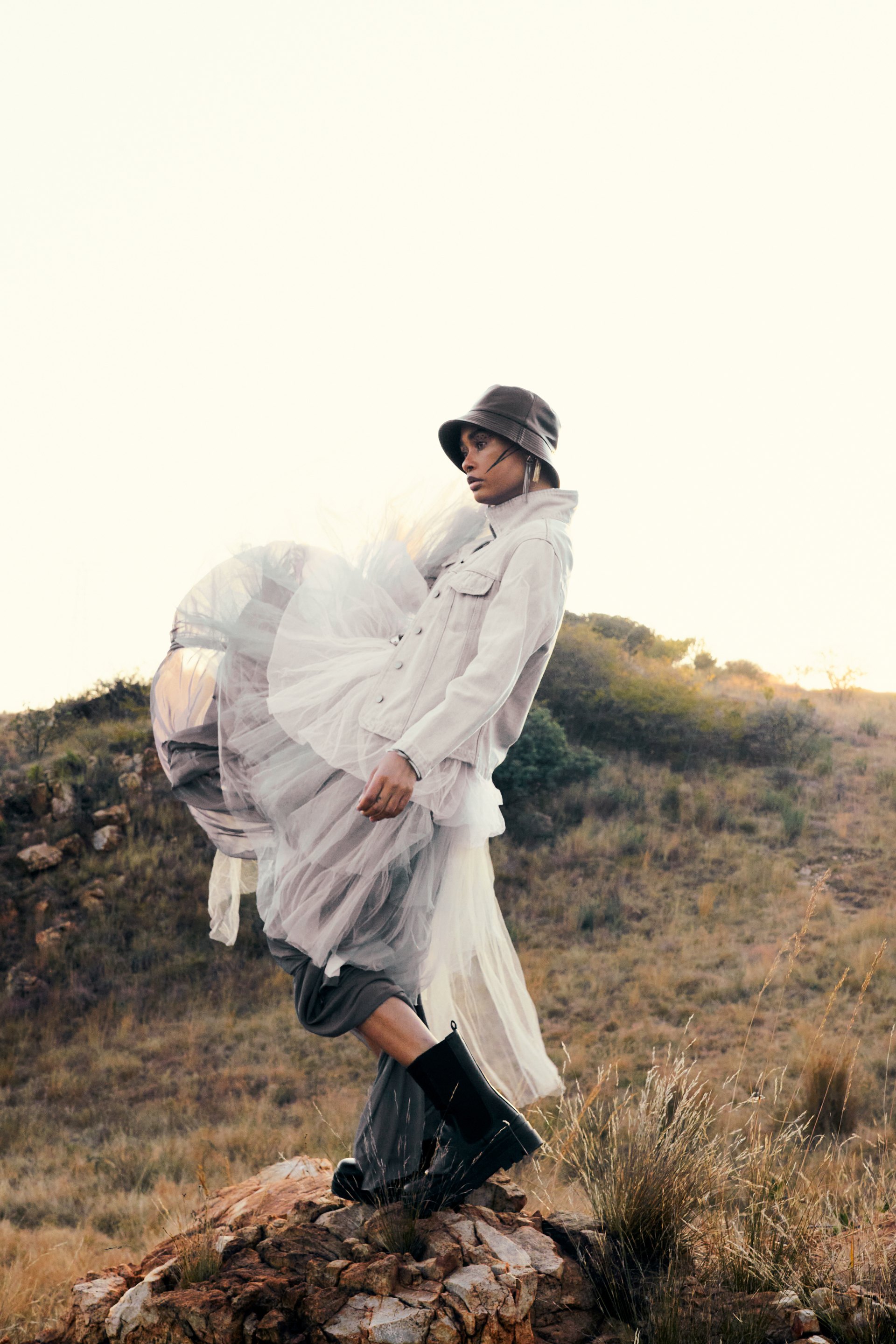
“I wasn’t really the kind of person that people thought much of in terms of vocals. I grew up in the hood, Ennerdale, a coloured location built by the legacy of apartheid. Everybody was enamoured by belters and big voices there – and especially during that time – people who could do Whitney Houston and Mariah Carey runs. BIG voices. As a child, I was never given leads in the choir. I had encephalitis as a kid – so I didn’t go to school for a while. I started going to church a whole lot more, and got lost in reading – which fed the storyteller in me.” Sío reflects in our conversation – although, I must preface, this is one of those conversations in which writing could never justify the animated energy or sense of humour with which Sío speaks – even around childhood illness, Sío switches between poignant remembrance, and witty acclaim for the past. She says, “At church this was the nun, I grew up Catholic, and there was a search announced for a youth choir. I thought, ‘oh well – I’ve got nothing to do on a Thursday afternoon, why not?’ Sister Theresa, rest in peace, came to me one day during those practices and said ‘hey, sing in your head register, please?’ – I really didn’t understand that then. From that moment, I started singing with my natural voice. Sister Theresa gave me that permission, that I didn’t know I needed, to be myself – and then, believe it or not, people started paying attention. I got a whole solo during communion – and everyone just looked at me, like I had been hiding my throat the whole time! Still, I’ve had to work to love the power of my voice – and not because of its ability to belt, but because it’s soothing, I’ve been told. It’s a lullaby voice.” For Sío, her voice has been her liberator and her shield simultaneously – growing up in a fractured world, her formative years were spent as a target for bullies – those who couldn’t understand how she could be both coloured and Zulu; the experience of being misunderstood, led Sío to retreat deep into her inner-world; a world which is now her greatest superpower.
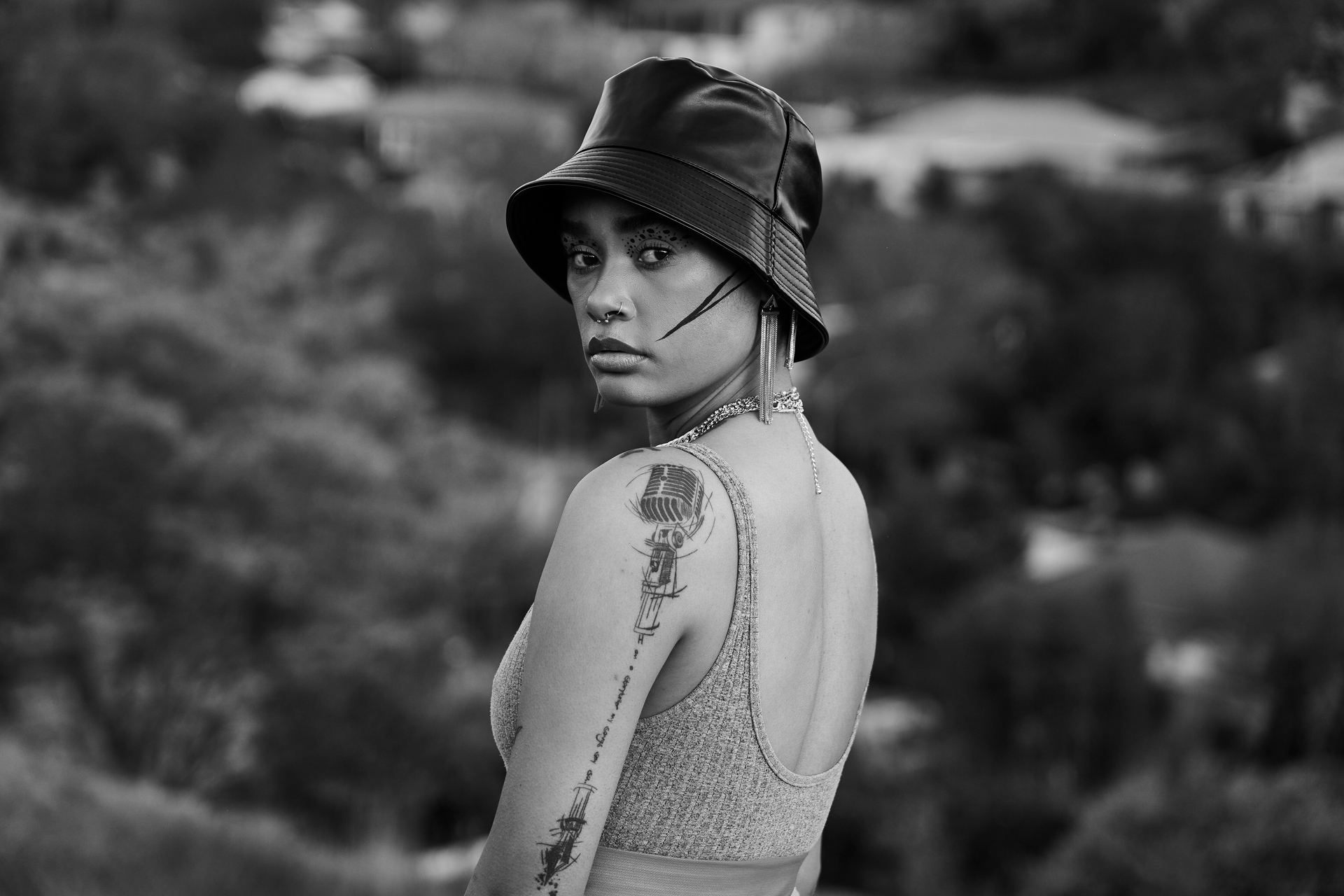

For a long-time, electronic music has featured samples of vocals belonging to unknown people; in a male-dominated industry, the mystery of the feminine remained purposefully unknown – you don’t know Her, but you feel Her, wherever the music is experienced. In the last decade, this has changed – with singers like Zanda Zakuza – Sío is among the feminine forces within electronic music that is revealing itself, to be known and paid their dues. Sío says, “I looked at fame as a monster, and I find that to be true in many ways, still. The kind of notoriety – no, that wasn’t for me, fame looked scary. I wanted to be able to go to the shop at 5 in the afternoon, in my pyjamas, you know? Looking at house music – I saw it was inclusionary – and I have those gripes, still. A singer in house music is not as respected as a DJ or producer. I got into it, though, because it was around me – it was the boom of it, and I wasn’t drawn to hip hop.” Songwriting was encouraged by a cousin – and Sío, already writing poetry at that point, has never looked back, “I bought a guitar, and began writing songs. That format condensed and locked in my many, many ideas for writing – I was then introduced to someone with a mic, another guy with a beat. A 10 minute walk to a guy’s house, his name is Jabu, in extension 5 in Ennerdale and the first song we did – Love Mirrors – was released under Peng Africa. Simultaneously, more guys came through with beats – and I would do the vocals. House, very specifically, is like doing a group-project. It has that way of being, where everyone brings their craft to the table.That’s not to say it’s a balance though; there is a lot to be done in terms of how house music can serve singers as much as it does for DJs and producers.”
I ask Sío about the encoded nature of her work – the allusion to esoteric themes, and where her moniker ‘The Twilight Child’ came from as a poet, “I’ve never really thought of myself as a healer, but I think in sharing who I am and what I’ve experienced – I think it ignites a sense of solidarity. There is healing in that. I absolutely believe this is a calling for me – to sing, and write – it’s the hardest thing I have ever done, and the most rewarding. ‘The Twilight Child’ is a name I came up with as a teenager for my poetry. I’ve always felt like I exist in liminal space – you know, those between spaces? I’m not just one thing.” Poetry, to me, is the very edge of writing before it becomes a fully-musical endeavour; personally, I cannot write poetry very well – there is a rhythm and lyricism there that I find totally mesmerising. On this, Sío says, ‘’I taught myself to write poems, and it’s by trial and error. I used to write four or five page poems – I’ve definitely learned to condense them, though. That lended itself to my ability to rhythm, and hear melodies with words or lyrics alone. Writing songs was much easier because of my poetry background – and the beauty of house, the songs are much longer – so I could put in my longer writing style with ease. There is a lot for me to say, and I’ve been pleasantly surprised – people like what I do.”
A few months ago, streaming giant Spotify named Sío their Spotify Equal Ambassador – with a huge billboard of Sío in Times Square, New York City, “Spotify approached Kid Fonque and I before my album was being released. I really couldn’t believe it – I just make songs, you know? I wasn’t quite ready for the way I would feel being on a billboard like that. I’ve been on billboards before when I’ve done modelling work – but it was always me selling something or portraying a character. This time, I was on a filter in one of the busiest, most diverse intersections on the planet – just for being myself and sharing my craft? I cried tears of joy, which I had never done before about anything.” Woven between these moments – and within the liminal spaces – Sío exists, and lives, fully in her expression. We are honoured to witness it, too.
Written by: Holly Beaton
For more news, visit the Connect Everything Collective homepage www.ceconline.co.za


